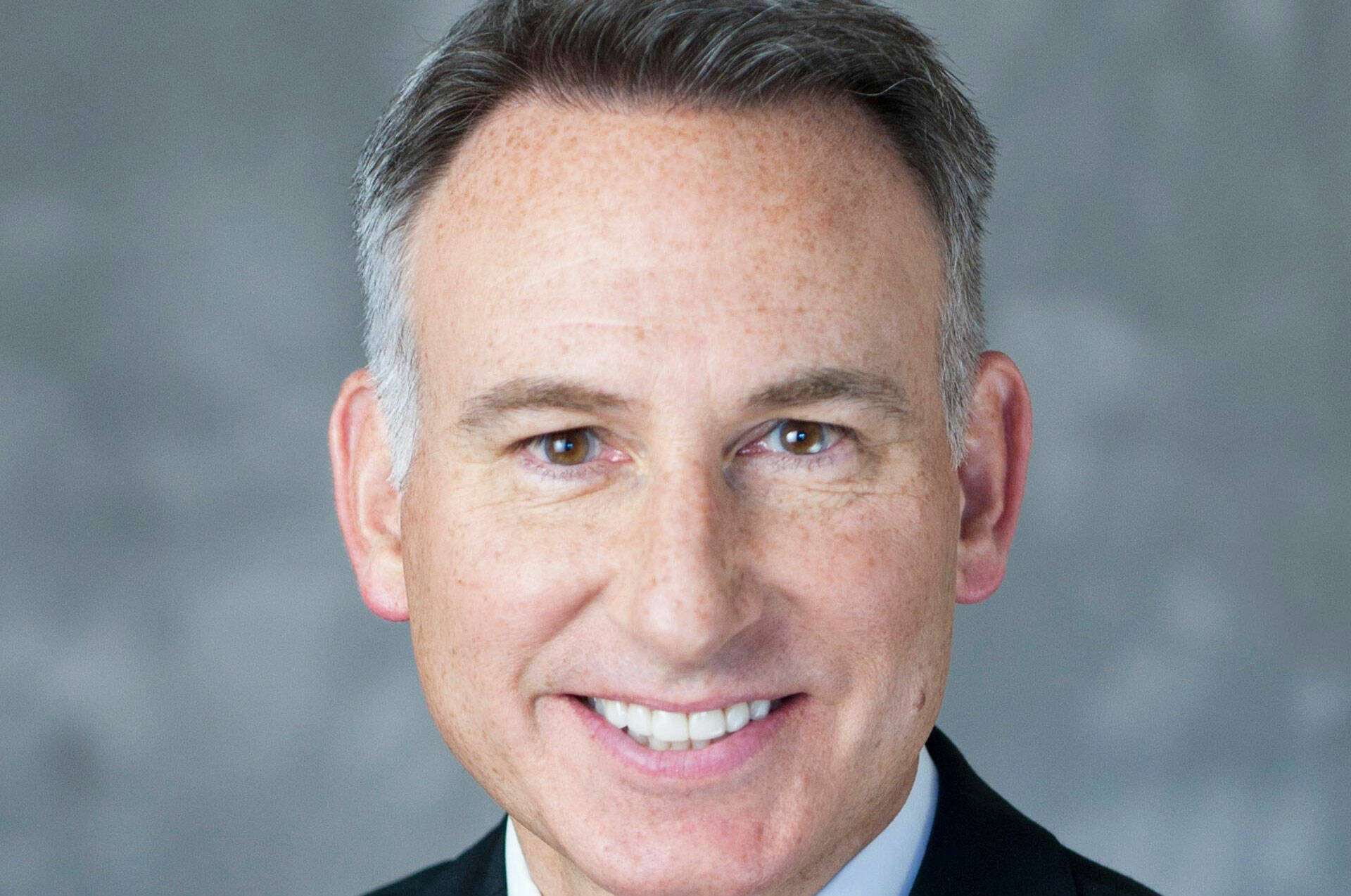On Sept. 26, King County Executive Dow Constantine and a regional coalition of leaders announced a plan to address behavioral health in the county by creating a countywide network of five crisis care centers, investing in the recruitment and retention of the community behavioral health workforce, and restoring the number of residential treatment beds in the region.
The plan would be funded by a nine-year property tax levy to treat immediate crisis and support long-term recovery and wellbeing, and if approved by the King County Council will be submitted to voters for approval in April 2023.
“The behavioral health system in this state has long been underfunded and underappreciated. The pandemic added further stress, and need is increasing even as we lose both treatment beds and qualified workers. Now, we can chart a path forward as a region – to create places where people can receive the effective care they need and begin their journey to recovery. This is an opportunity to make the generational investment our region needs,” said Constantine.
The proposal is estimated to cost the owner of a median-value home about $121 in 2024. The levy would continue through 2032, generating a total of $1.25 billion to stabilize and strengthen King County’s behavioral health crisis care system.
Informed by a broad-based coalition of local governments, behavioral health workers and providers, emergency responders, and businesses, the behavioral health crisis response plan developed by the executive’s office aims to do four things:
– Creating five new regional crisis care centers: Distributed geographically across the county, the centers will provide walk-in access and the potential for short-term stays to help people stabilize, depending on needs, with one center specifically serving youth.
– Preserving and restoring the dramatic loss of residential treatment beds: In 2018, 355 beds providing community-based residential care for people with mental health residential needs existed in King County. Today, only 244 of these beds are available, according to the county.
– Growing the behavioral health workforce pipeline: The proposal will create career pathways through apprenticeship programming and access to higher education, credentialing, training, and wrap-around supports. It will also invest in equitable wages for the workforce at crisis care centers.
– Providing immediate services while centers are being constructed: The proposal will also use initial proceeds to quickly create mobile or site-based crisis behavioral health services that can operate until the first crisis care centers open. The county says this bridge strategy will complement recent state and federally-funded-mobile crisis teams.
Currently, King County is without a walk-in behavioral health urgent care facility, according to the county. Only one 46-bed behavioral health crisis facility is in operation for the entire county. The region’s only voluntary crisis facility resource, DESC’s Crisis Solutions Center in Seattle, requires a referral from a first responder, hospital, designated crisis responder, or mobile response team due to its limited capacity.
King County Sheriff Patti Cole-Tindall said that law enforcement has been the primary responder for people in behavioral health crises for many years.
“A well-resourced and well-functioning behavioral health system is a vital component of an effective public safety system. When there are more places for people to go to receive timely, life-saving care from mental health professionals, and we have expanded behavioral health outreach, we will begin to address the unmet behavioral health needs in our communities. At the same time, we can increase the effectiveness of law enforcement, allowing officers to respond to higher priority public safety incidents,” said Patti Cole-Tindall.
According to the county, many people cycle through a revolving door of emergency rooms, jails, and homelessness because other options do not exist. In King County, case managers identify people who need a behavioral health supportive housing unit or a psychiatric residential treatment bed and find that providers reach capacity by mid-month. As of July 2022, people wait an average of 44 days for a mental health residential bed.
In recent years, the number of residential treatment beds is in steady decline, according to the County. King County recently purchased Cascade Hall in North Seattle, preserving 64 beds or approximately 25 percent of King County’s remaining mental health residential treatment beds.
In North King County, the Cities of Bothell, Kenmore, Kirkland, Shoreline, and Lake Forest Park are in the process of developing a place for more crisis stabilization beds for north King County residents. The executive’s 2023-2024 Biennial Budget that will be announced on Sept. 27 invests up to $11.5 million in the project already underway, including a $10 million state capital grant, for the county’s first crisis care center.
The County Council is expected to vote by February on whether to put the proposal on the April 2023 ballot. Additional behavioral health investments will be announced as part of the Executive’s 2023-2024 Biennial Budget, set to be sent to the King County Council on September 27.
Talk to us
Please share your story tips by emailing editor@kentreporter.com.
To share your opinion for publication, submit a letter through our website https://www.kentreporter.com/submit-letter/. Include your name, address and daytime phone number. (We’ll only publish your name and hometown.) Please keep letters to 300 words or less.

